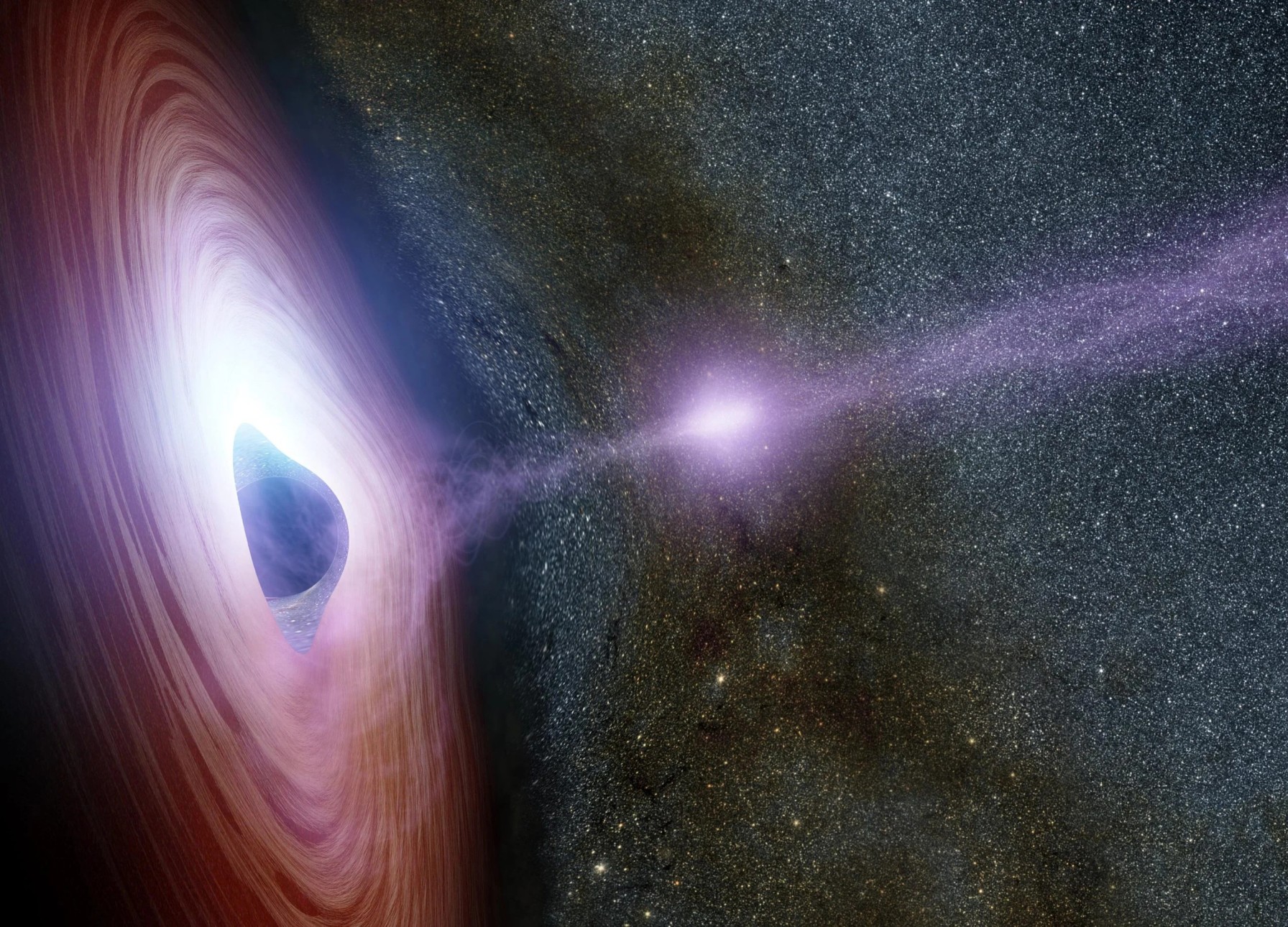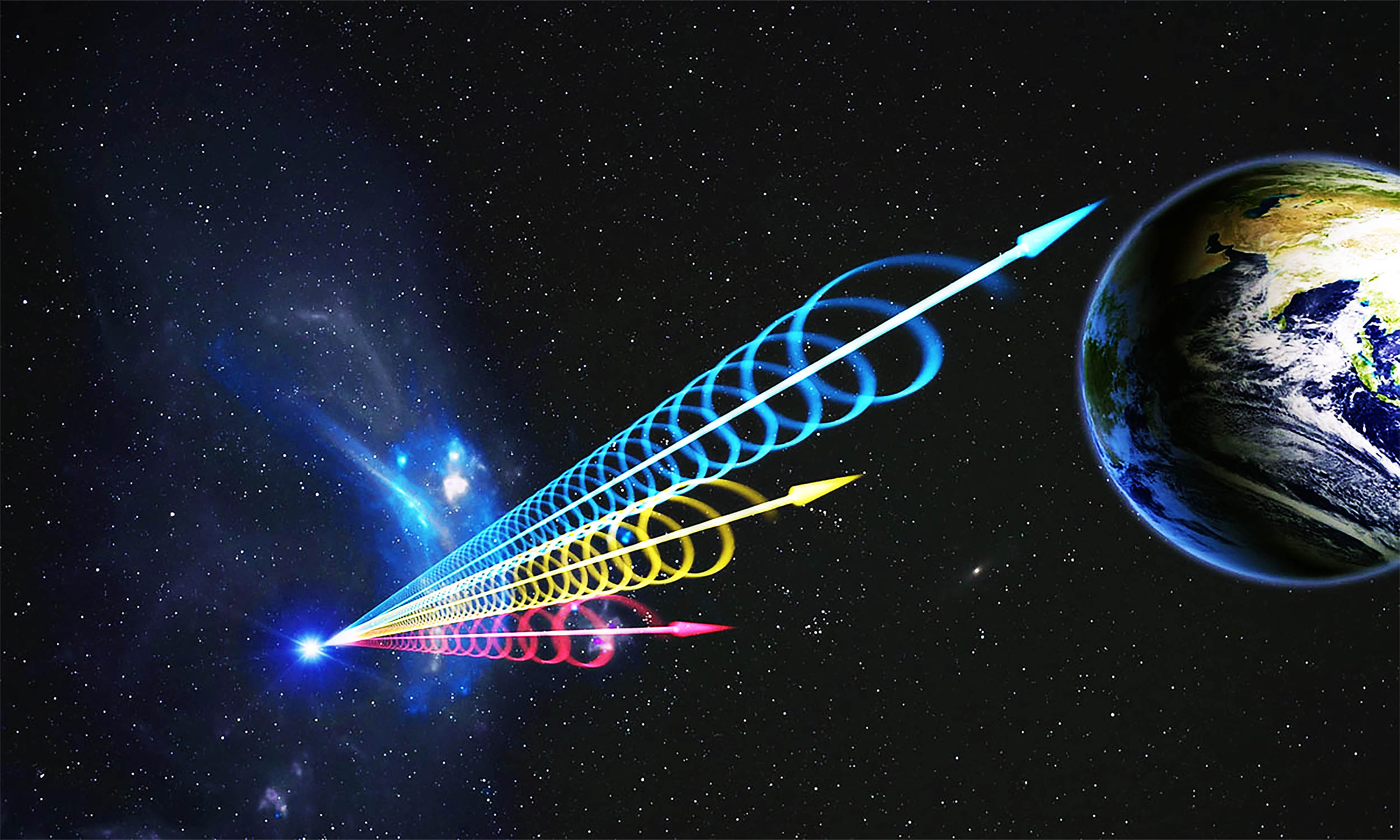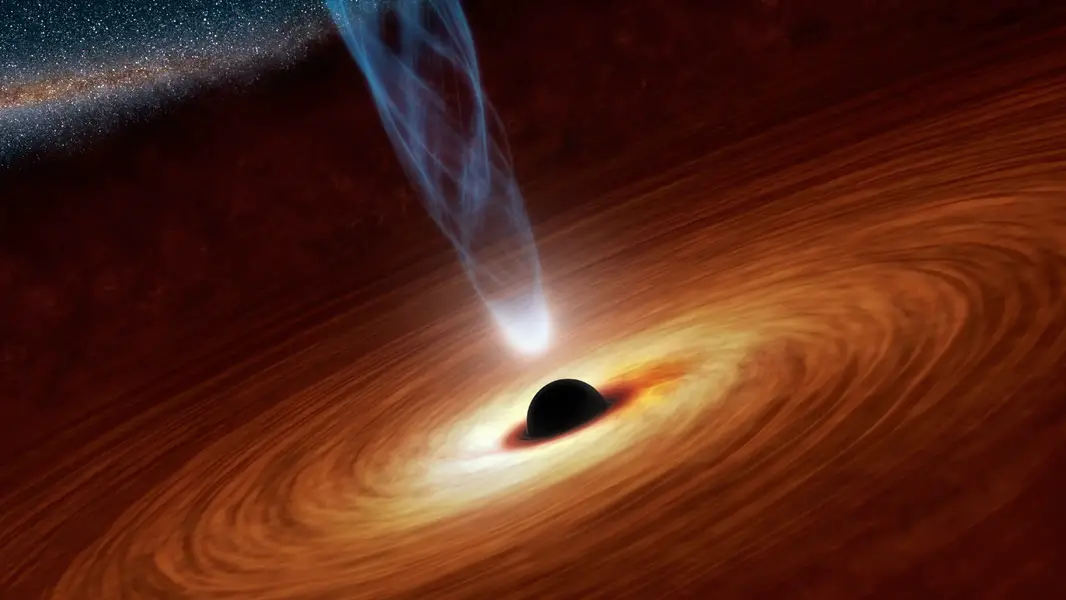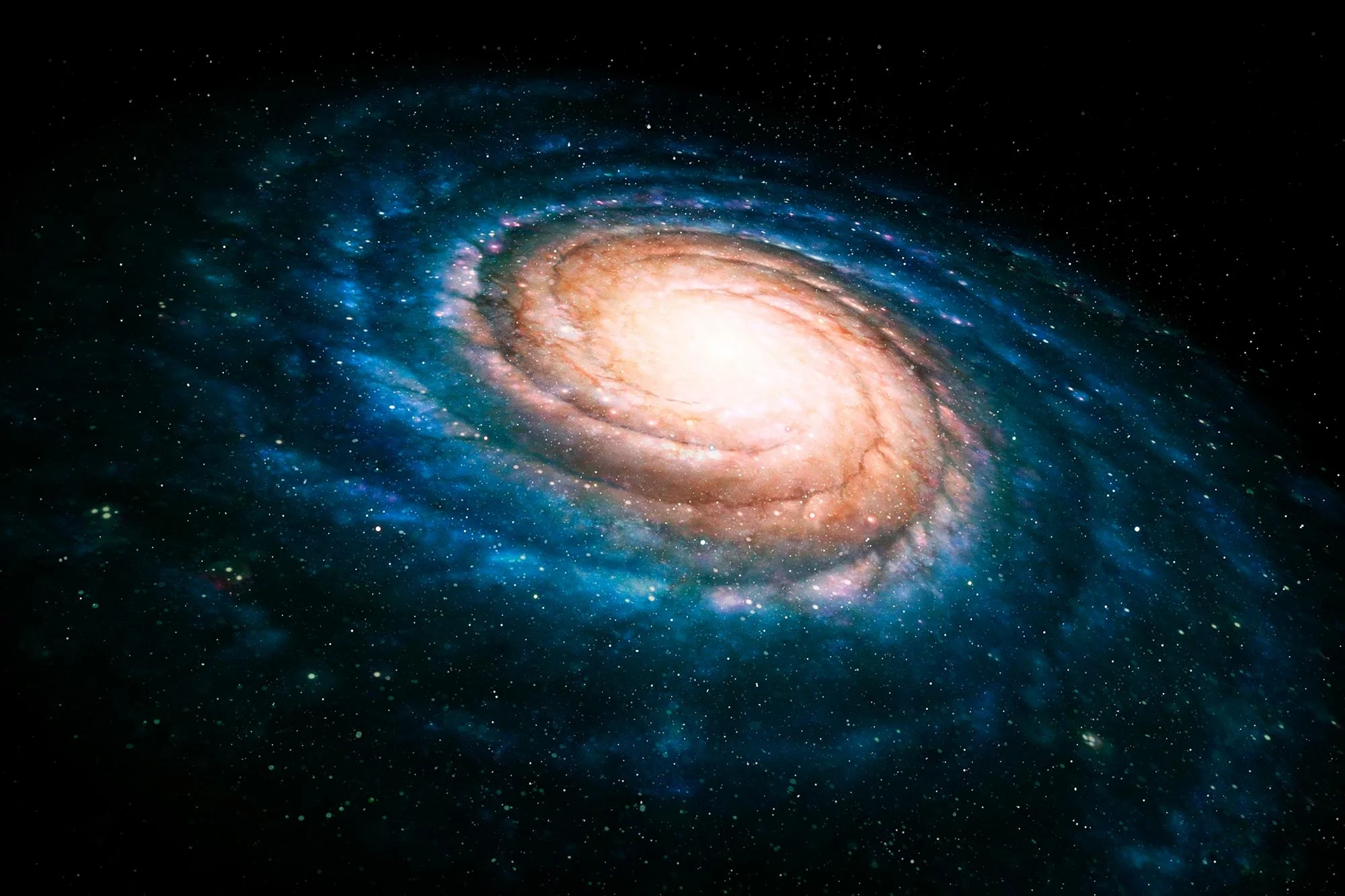If the universe has existed forever, we can never prove it—science struggles with infinity.
Key Takeaways:
- Scientists still don’t know whether the universe had a true beginning or has always existed.
- If the universe is infinite in time, it raises problems science may never be able to solve.
- The inflationary model explains early cosmic expansion, but key mysteries remain, like how quantum fluctuations became classical.
- The universe follows the same laws of physics everywhere we observe, supporting the Copernican principle.
- The unexplained “Hubble tension” and possible cosmic anisotropy hint that the standard model may need revision.
__________
Cosmology explores the vast history of the universe, but one of its greatest mysteries remains: Did the universe have a beginning, or has it existed forever? While the Big Bang model explains much of what we observe, the question of what came before remains unanswered.
Did the Universe Have a Beginning?
Most scientists accept the Big Bang theory, which describes how the universe expanded from a hot, dense state. However, the theory doesn’t necessarily imply a beginning—it only explains what happened after a certain point. The period before the Hot Big Bang is dominated by inflation, a rapid expansion phase that stretched the cosmos.
What happened before inflation remains uncertain. The singularity theorems once thought to confirm a definite beginning—like those by Stephen Hawking—no longer apply under modern physics. The ultimate answer may require a theory of quantum gravity, which we don’t yet have.
If the universe has existed forever, it poses a major issue: we can never prove it, because infinity is not something we can observe or test. This creates philosophical challenges for cosmology as a scientific field.
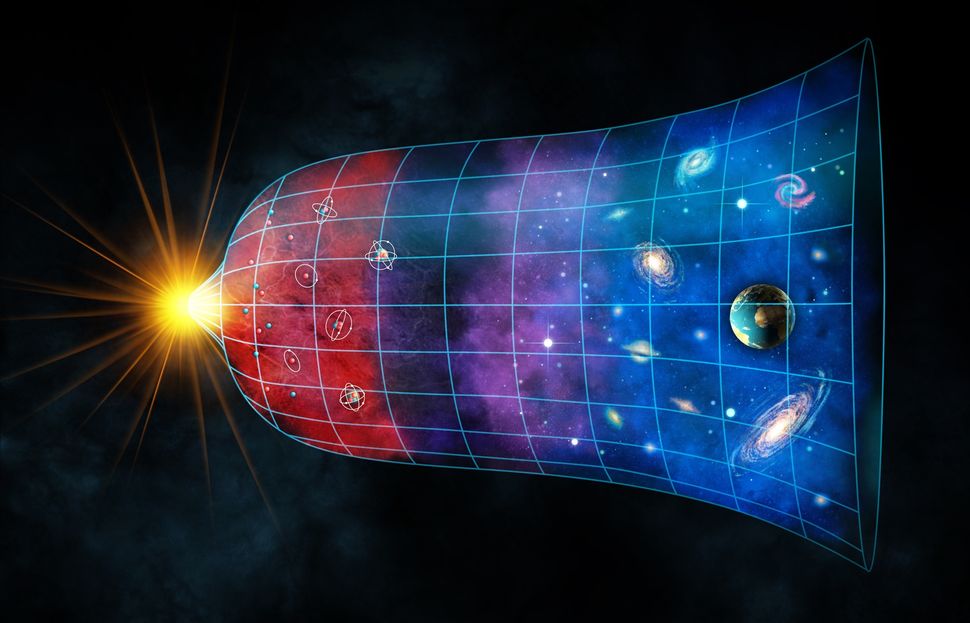
Challenges to the Standard Model
One major success of inflationary theory is that it explains the origin of cosmic structures, like galaxies. However, some questions remain, such as what caused inflation and how quantum fluctuations became classical structures.
Another issue is the so-called “Hubble tension”—a discrepancy in measurements of the universe’s expansion rate. Different methods give conflicting results, suggesting we may need a revised model. Additionally, a recent study challenges the Copernican principle, which assumes the universe is uniform on large scales.
Some scientists propose alternative models, like Modified Newtonian Dynamics (MOND), which challenges dark matter and dark energy. While MOND lacks a fully developed framework like general relativity, it remains a serious proposal.
Ultimately, the question of why the universe has its specific properties—whether through fine-tuning or a multiverse—is more philosophical than scientific. Cosmology may never answer why the universe exists, but it continues to uncover how it evolved.

